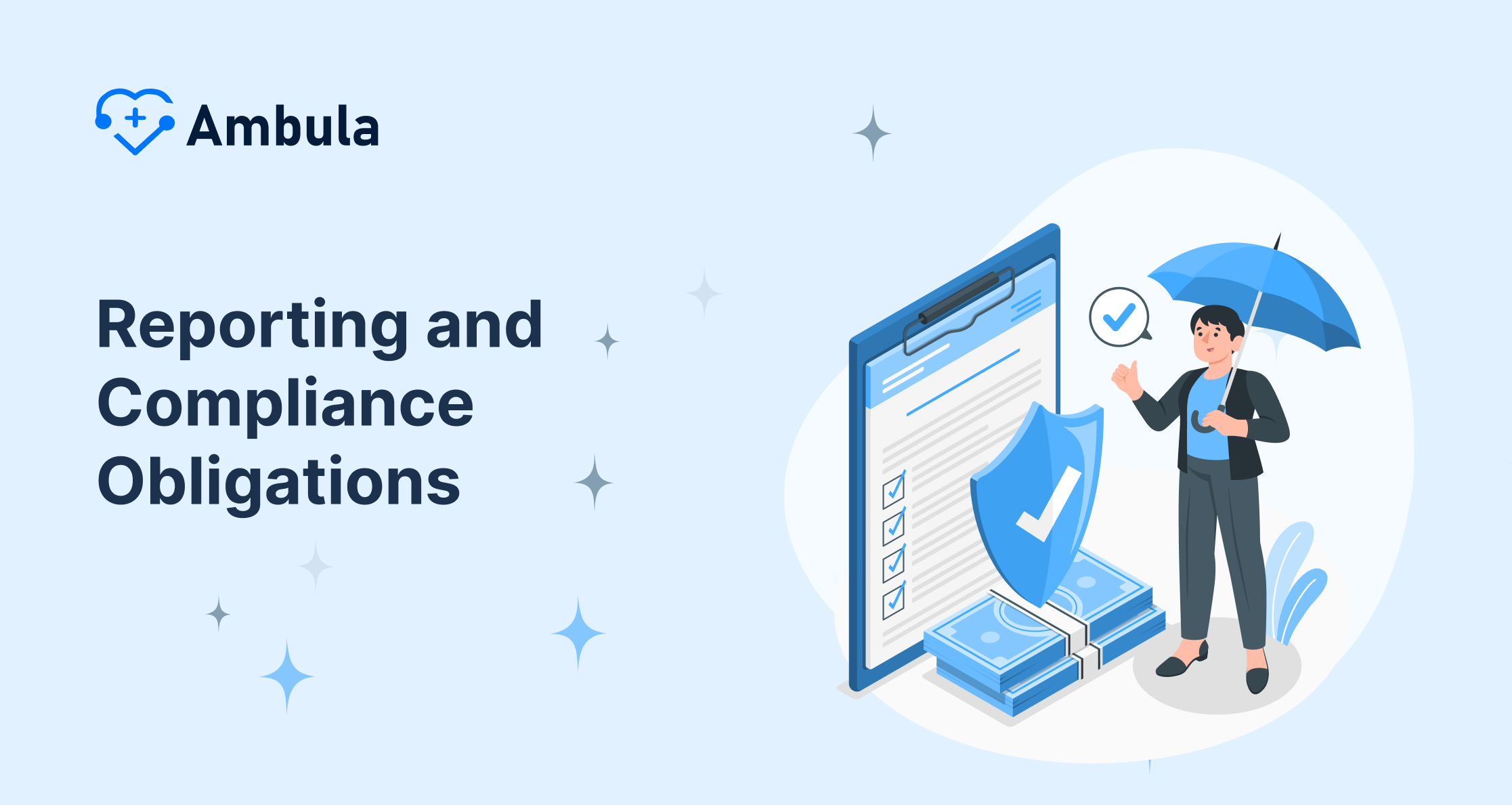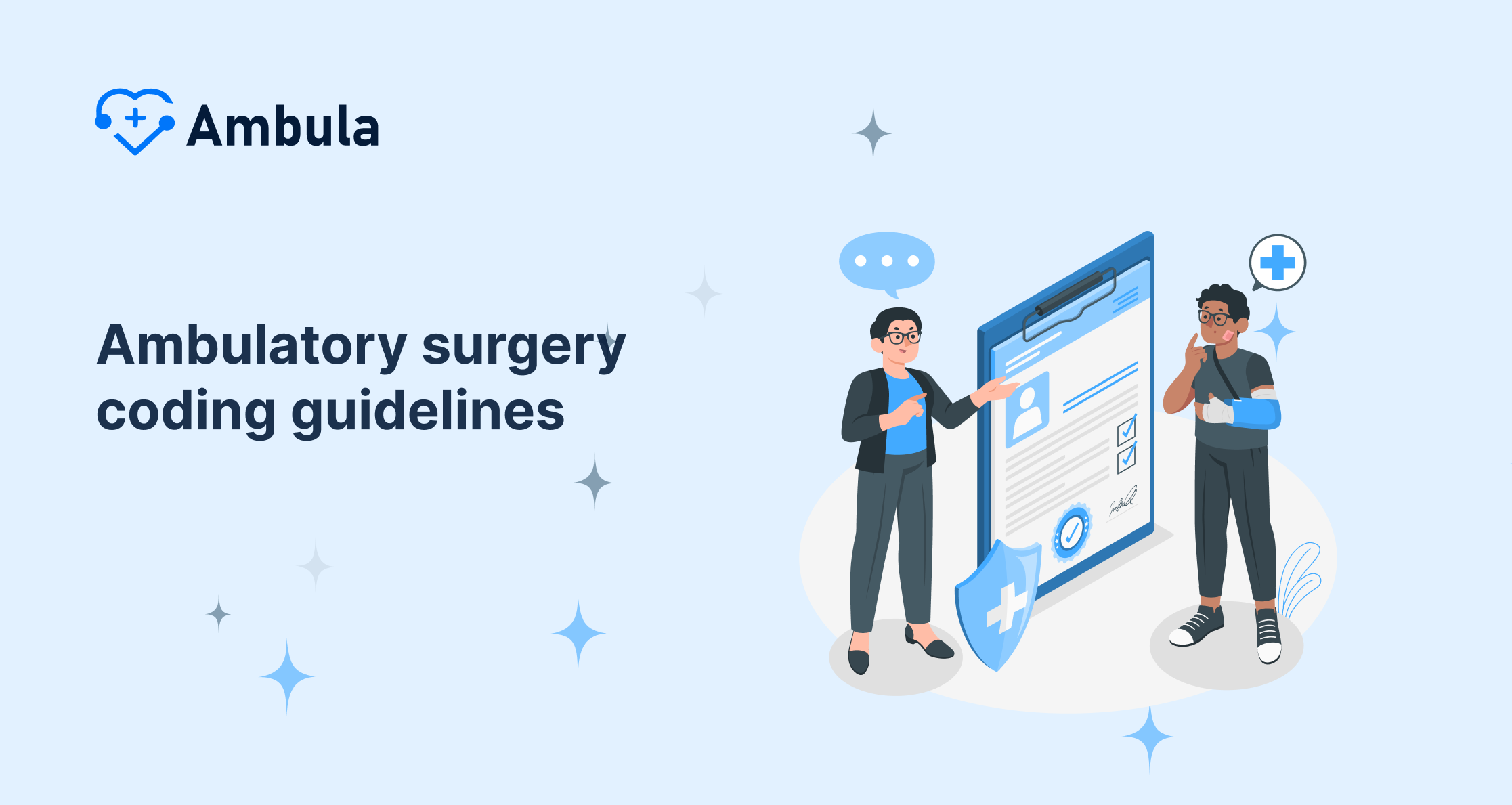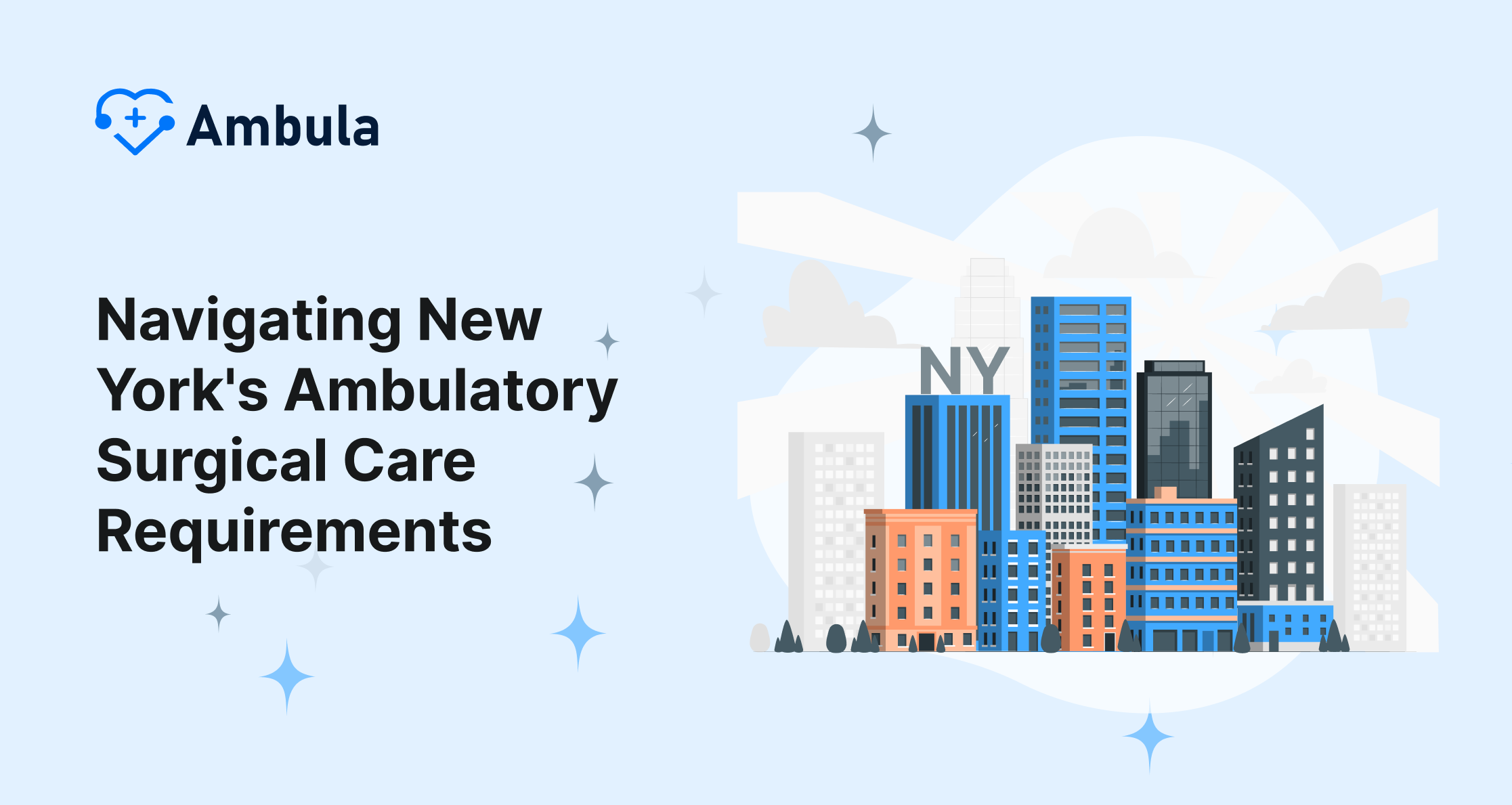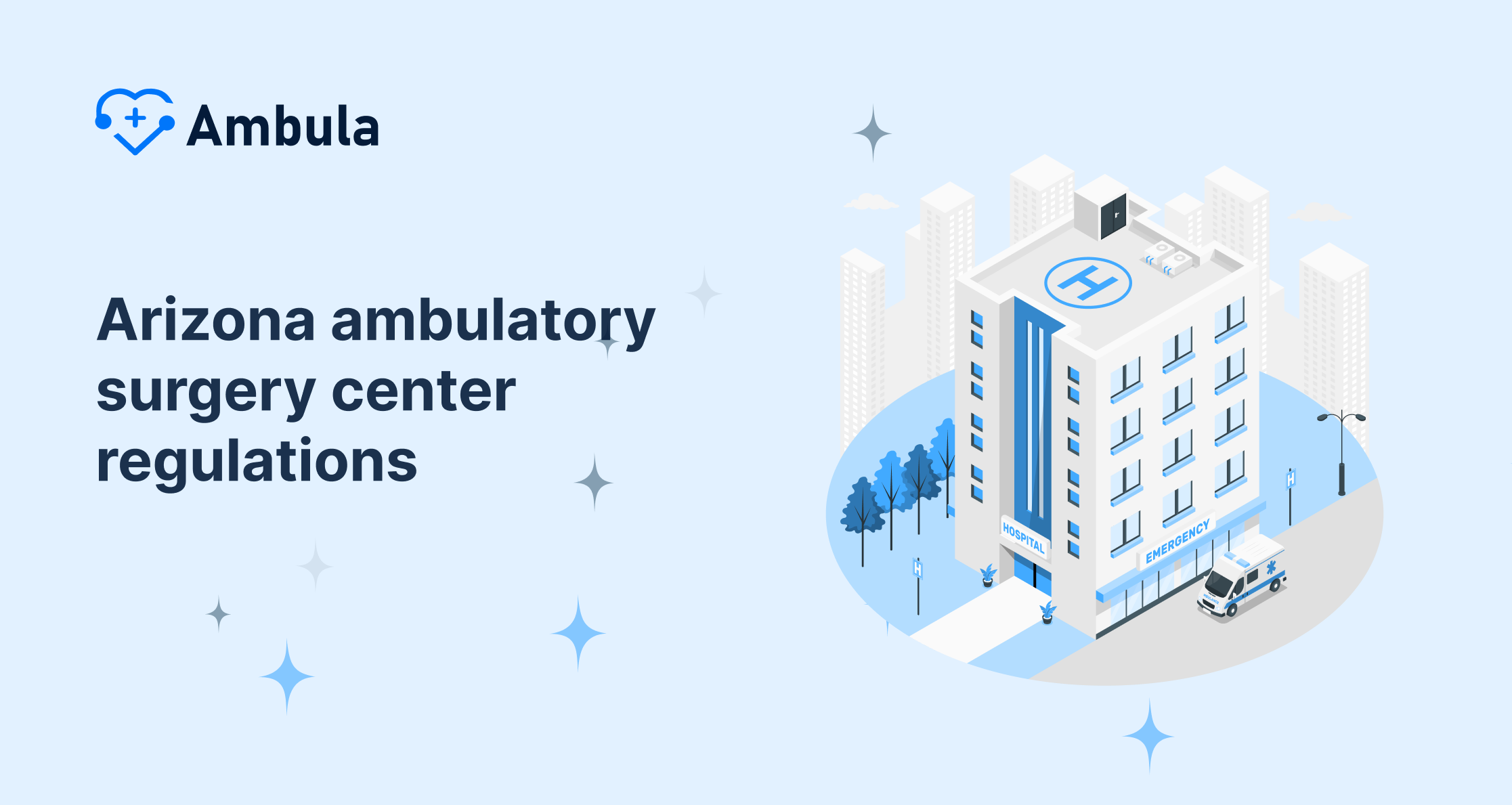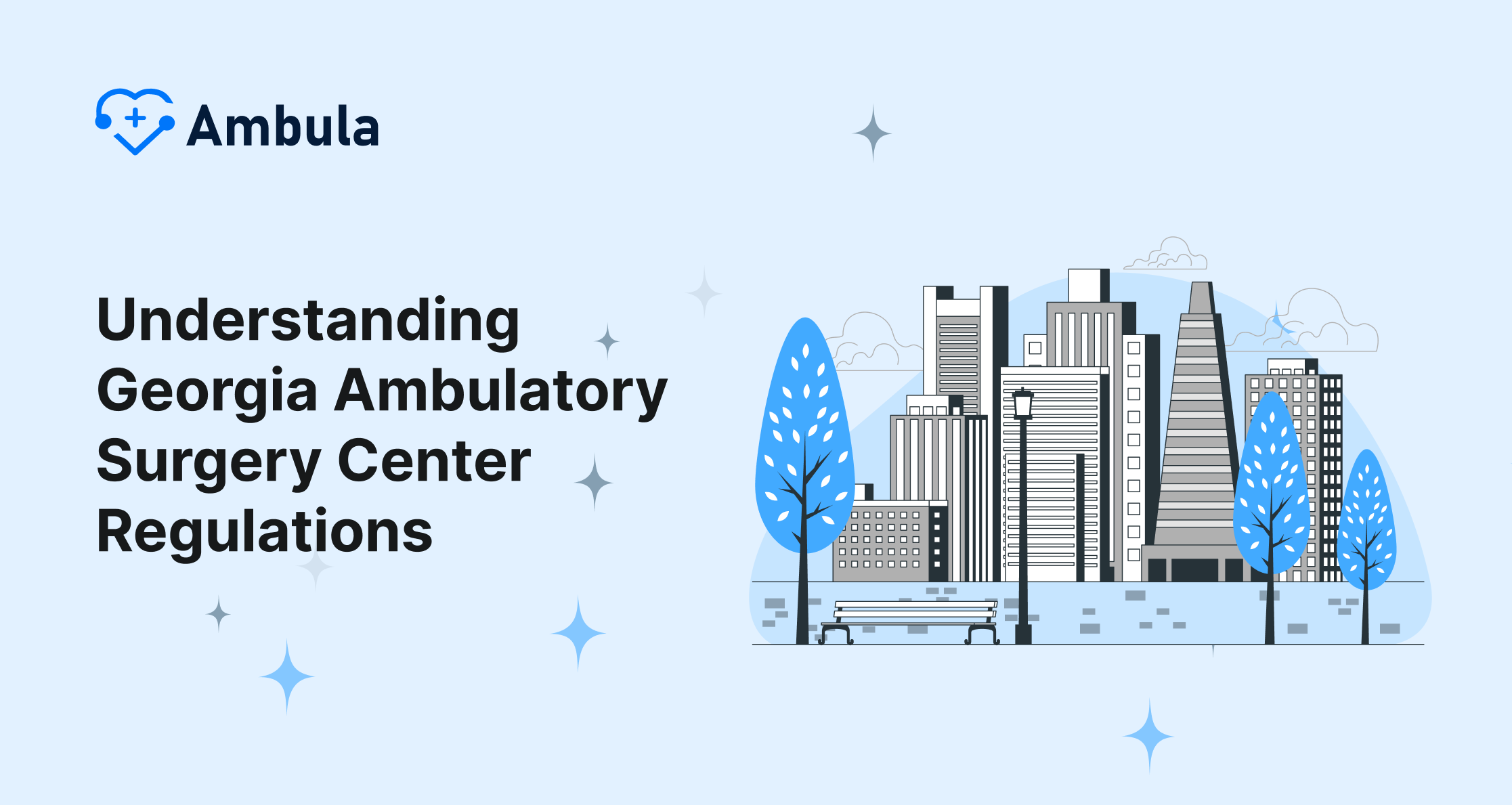Getting a handle on New Jersey’s rules for outpatient surgery centers is super important for doctors and hospitals that want to do operations and give anesthesia in the state. These rules, which the New Jersey Health Department came up with based on federal guidelines and New Jersey’s own rulebook, are key to keeping patients safe, giving good care, and following all the licensing rules and patient care policies. They cover a ton of stuff, from getting licenses and Medicare approval to how to handle emergencies and manage medicines. This shows how big a deal these rules are for making sure outpatient surgery centers in New Jersey run and follow the law.
This article digs into the nitty-gritty of New Jersey’s rules for ambulatory surgery centers. It shines a light on the main laws and regulations, how to apply for a New Jersey ambulatory care facility license, and how these license rules are enforced. It also looks at what you need to do to get licensed and accredited, including following the state operations manual and meeting the standards set by groups like AAAASF, AAAHC, and the Joint Commission. On top of that, it checks out recent changes in the rules, like the ASC freeze surgical practices joining forces, and what it means when doctors can’t refer patients to their own centers. By giving a full picture and the latest updates, this article aims to help people in the know handle the tricky world of New Jersey ambulatory surgery center rules without breaking a sweat.
A Look at New Jersey’s Rules for Outpatient Surgery Centers
Getting to Know the Rules
The New Jersey Department of Health and Senior Services (DHSS) has a big influence on licensing ambulatory care centers, including ambulatory surgery centers (ASCs). These centers are grouped as standalone care facilities, which also include imaging centers. Ambulatory surgery centers with one operating room now have exceptions from some licensure rules that don’t apply to hospitals. This has started talks about whether everyone should need a license to make patients safer and care better.
Importance of Compliance
ASCs in New Jersey need to follow both state and federal rules. New Jersey says all ASCs must make and update a list of what they charge for services. They have to show this list to the public on their website or in other easy-to-find ways for patients and their helpers. This openness matches what the federal government wants even though there aren’t specific federal rules about what ASCs should charge. We can learn about this by looking at how hospitals have to be clear about their prices.
How It Affects Doctors and Nurses
The rules for healthcare providers in New Jersey have a big impact on how they work. Take the New Jersey Medicaid program, for example. It follows Federal rules for ASC payment, which you can find in 42 CFR Part 416. These rules ensure that ASCs are paid 50 percent of the federal Medicare rate. Also, new laws have changed things. The New ASC Law now says all surgical practices that were registered before need to get a license from the DHSS. This change aims to make all ASCs do things the same way. The goal? To make care better and to make sure everyone follows the new rules.
These rules don’t just make sure ASCs are safe and give good care. They also try to keep money stuff clear and make people responsible. This helps keep the state’s health system honest and able to keep going.
Important Laws and Rules
Overview of Big Laws
The Health Care Facilities Planning Act plays a big role in shaping the rules for Ambulatory Surgery Centers (ASCs) in New Jersey. This act says you need a Certificate of Need (CON) for many healthcare services. The CON has been super important since 1971. It helps control how healthcare facilities are set up and grow. It makes sure services like acute care, psychiatric services, and organ transplants match what the state wants for health care.
N.J.A.C. Rules That Matter for ASCs
The New Jersey Administrative Code (N.J.A.C.) sets standards and steps to license and run ASCs. Important parts include N.J.A.C. 8:43A, which has rules to license ambulatory care facilities, and N.J.A.C. 8:43E, which explains general license procedures and how to enforce license rules. These rules aim to make sure ASCs give good patient care and follow state health and safety laws.
Role of the New Jersey Department of Health
The New Jersey Department of Health has a big influence on managing and enforcing rules for ASCs through its different parts and programs. The Health Systems Branch makes sure over 2,000 regulated places provide good care. The Health Facilities, Survey, and Field Operations (HFS&FO) checks on licensed health facilities and looks into complaints. Also, the Certificate of Need and Licensing (CNL) program looks at what healthcare facilities are needed and how easy they are to get to. This helps to support the rules.
Licensure and Accreditation Requirements
Licensing Process for ASCs
The New Jersey Department of Health oversees the licensing process for Ambulatory Surgery Centers (ASCs) in New Jersey. ASCs need to follow certain state rules and standards to get and keep their licenses. They have to turn in a detailed application, go through a tough inspection, and meet all the requirements for their physical setup. These steps ensure that these places can perform surgeries and provide anesthesia.
Accreditation Options and Standards
Accreditation plays a big role for ASCs in New Jersey. It adds another level of checking and making sure things are good. ASCs can choose to get accredited by well-known groups like the Accreditation Association for Ambulatory Health Care (AAAHC) or the American Association for Accreditation of Ambulatory Surgery Facilities (AAAASF). These groups have high standards for caring for patients, keeping them safe, and running things well. ASCs need to meet these standards to get and keep their accreditation.
What This Means for Following Rules and Checkups
Sticking to licensing and accreditation rules isn’t just about getting the OK. It also means regular check-ups and reviews. The New Jersey Department of Health and other groups come to make sure hospitals keep following healthcare rules. If they don’t, they might have to pay fines or even lose their license. This shows why it’s super important to always follow the rules.
Reporting and Compliance Obligations
Mandatory Reporting Requirements
Ambulatory care facilities in New Jersey need to follow tough reporting rules to keep their licenses. These places have to set up and use a standard system for tracking costs and making reports, which the commissioner must okay. Also, if someone new buys the facility, they need to tell the department within 30 days. Every year, these facilities have to report who their medical director, physician director, and nursing services director are. If these jobs change hands, they need to let the department know within 30 days, too.
Common Compliance Challenges
Keeping up with all the health care rules in New Jersey is tough for ambulatory surgery centers (ASCs). These places have to make sure their buildings, tools, staff, and health services meet the state’s strict rules. They need to follow guidelines for keeping the place clean, stopping infections, and managing people. The Joint Commission often points out problems in these areas. Also, ASCs have to make and check a yearly plan for health services. They must set up a system to help patients leave that follows both state and federal rules.
Penalties for Not Following Rules
Health care places can get in big trouble if they don’t follow state rules. The New Jersey Health Department can make them pay up to $5,000 for each mistake every day. They might also lose their license, not be allowed to take in new patients or have to follow special rules. Places that get in trouble can say they disagree and ask for a meeting to talk about it.
New Stuff That’s Happened
Look at Recent Law Changes
New Jersey’s Ambulatory Surgery Centers (ASCs) have seen big changes because of new laws. On January 12, 2018, they changed the Healthcare Facilities Planning Act. This shook up how doctor-run surgical practices work. Before, these places just had to sign up. Now, they need to get a license from the New Jersey Department of Health [4]. It’s a lot harder. The new rules also let some ASCs skip the usual hold on new centers. This means surgical practices can join up and grow. It gives them new ways to get bigger and do more for patients in New Jersey [4].
How ASC Works Gets Shaken Up
These changes in law have shaken up how ASCs work. Now, they have to follow tougher rules to get licensed. This means they need to tell people about new owners or big staff changes pretty quickly. The new laws also let surgery places team up. This helps ASCs do more and give better care by sharing stuff and working together. It’s good for making healthcare better and saving money, too.
Future Regulatory Trends
The rules for ASCs in New Jersey will keep changing as we move forward. New Jersey wants to make patient care and safety better, so they’ll tweak laws and guidelines for how things should run. ASCs need to keep up with these changes to follow the rules and use any new chances that come up when the rules change. Medical tech and anesthesia are getting better, so ASCs might be able to do more complex outpatient stuff. This points to a shift towards offering more thorough services outside of hospitals.
ASCs in New Jersey should roll with the punches by investing in tech, teaming up with other places, and focusing on improving things. As rules keep changing, it’s super important for ASCs to stay flexible and adopt new ideas to keep up. This will help them do well and stay in the state.
Conclusion
In this article, we looked at the complex rules for surgery centers in New Jersey. We talked about important stuff like getting licenses and following the rules. We also looked at big changes that affect how these places work. The New Jersey Department of Health plays a big part in ensuring these centers provide good care and keep patients safe. These centers must also do certain things to keep their licenses and stay approved. New Jersey wants these centers to be open about what they do, give good healthcare, and be smart about following new rules. This shows that New Jersey is serious about keeping an eye on places that do surgery outside of hospitals.
As things keep changing, New Jersey ASCs must stay alert and quickly adapt to new laws and rules. These changes don’t just mean following new rules; they also give ASCs chances to get better at what they do and how they work. By getting involved in shaping these rules and focusing on giving patients great care, ASCs can deal with all the tricky rules. The way New Jersey handles ASC rules shows how new ideas in healthcare and keeping an eye on things come together. This points to a future where keeping patients safe and giving them good care is still the most important thing in outpatient surgery.
FAQs
1. How does an ambulatory surgery center differ from an outpatient surgical center?
An ambulatory surgery center (ASC) operates on its own, unlike an outpatient surgical center (OSC). ASCs can be near hospitals, but they don’t have to be close to one.
2. What are the growth projections for ambulatory surgery centers?
Over the next ten years, surgeries at ASCs will go up by at least 25%. This is more than the 18% increase expected at hospital outpatient departments and doctor’s offices. ASCs are growing faster because they cost less than hospitals for doing the same procedures.
3. What defines an ambulatory setting for surgery?
Ambulatory surgery centers (ASCs) are special medical places that do same-day surgeries. They handle both diagnostic and preventive procedures.
4. Why is accreditation important for ambulatory surgery centers from a patient’s perspective?
Accreditation matters because it shows an ambulatory surgery center meets tough national rules about safety, cleanliness, equipment, and staff skills. It means the place follows standards that are as good as or better than hospitals, which makes patients feel sure they’ll get good care.
References
[1] – https://www.nj.gov/health/rhc/documents/chapter_9.pdf[2] – https://www.bracheichler.com/insights/new-jersey-ascs-standard-charges-posting-requirements/[3] –https://law.justia.com/codes/new-jersey/title-26/section-26-2h-12/[9] – https://www.aorn.org/outpatient-surgery/article/2022-Q1-compliance-challenges


